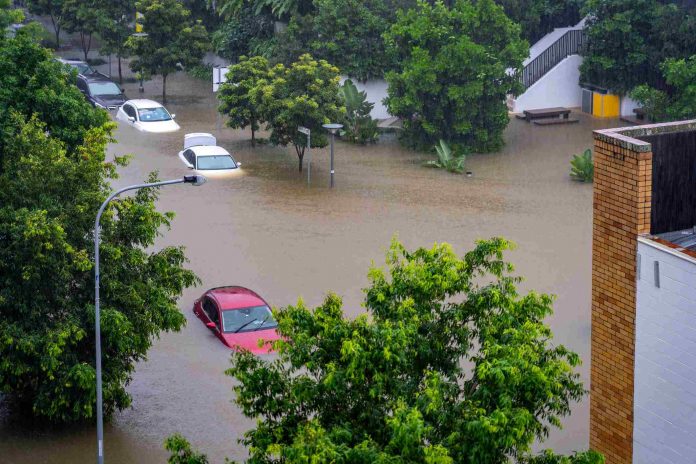Health leaders are calling for the urgent roll-out of a climate-health action plan as floods and extreme heat kill Australians.
Forty health and medical organisations warn pressure on the health system from climate change is growing as additional deaths add to the strain of a global pandemic.
Nurses, midwives, psychologists, the Australian Medical Association, the Royal Australasian College of Physicians (RACP) and others on Monday issued a set of urgent recommendations.
RACP president Jacqueline Small said doctors had a unique view and considerable experience of how climate health and human health fit together, and knew their communities.
“We see the impacts of climate change all the time, on our patients, and on our staff who are at the front line dealing with crises every day,” Dr Small said.
The Albanese government intends to develop a national strategy on climate, health and wellbeing but is being urged to hurry by experts at the Better Futures Forum in Canberra.
In a joint statement, the health groups called for a new Ministerial Forum and a national health vulnerability and capacity assessment to find those most susceptible to climate harm.
“Climate change is already killing Australians,” Climate and Health Alliance founder Fiona Armstrong said.

Thirty-three people were killed directly by fires during the 2019-20 bushfire season across southeastern Australia.
Hospitals estimate 445 people died from smoke inhalation, with more than 3000 admitted to hospital for respiratory problems and 1700 because of asthma.
Some 23 people died in floods this year following a three-week deluge of rain along the east coast.
The Northern Rivers region surrounding Lismore continues to struggle with the clean-up, lack of housing, mental health stress and disease from “flood mud” contaminated by sewage, chemicals and rotting matter.
From 1991 to 2018, 3000 additional deaths in Sydney, Brisbane and Melbourne were attributed to climate change-worsened heat.
The day of 48.9C heat in Penrith in 2019 caused heat stress episodes, heat stroke and hyperthermia.
Forecasts show western Sydney can expect up to two months of extreme heat events every year, of 35C or more.
States and territories also need support to cut emissions, whether retrofitting heating and cooling, electrifying food preparation and transport, or designing less carbon-intensive future hospitals and clinics.
A Sustainable Healthcare Unit in the federal Department of Health among the recommendations, to show the health sector how to shift to lower-emitting operations.





